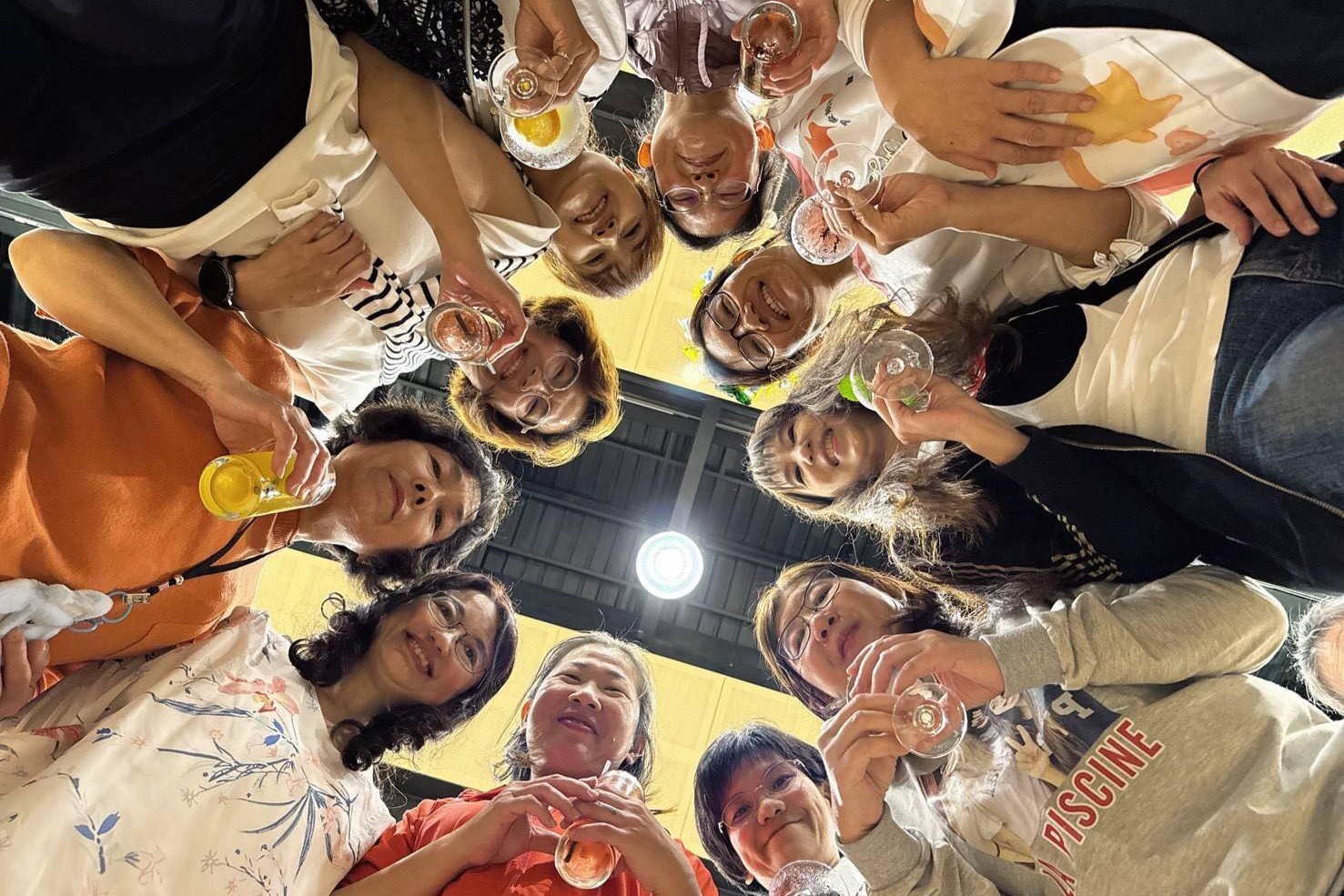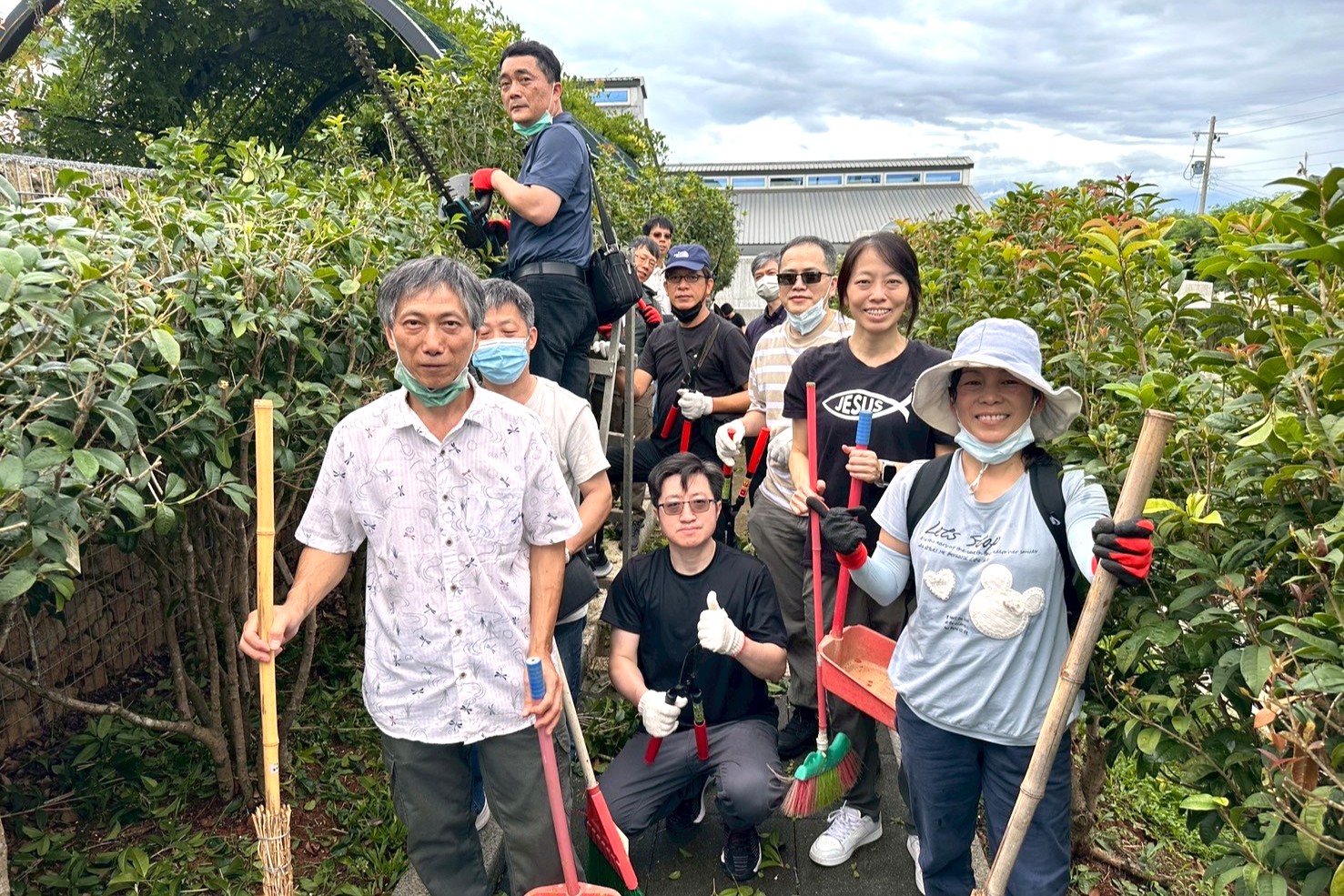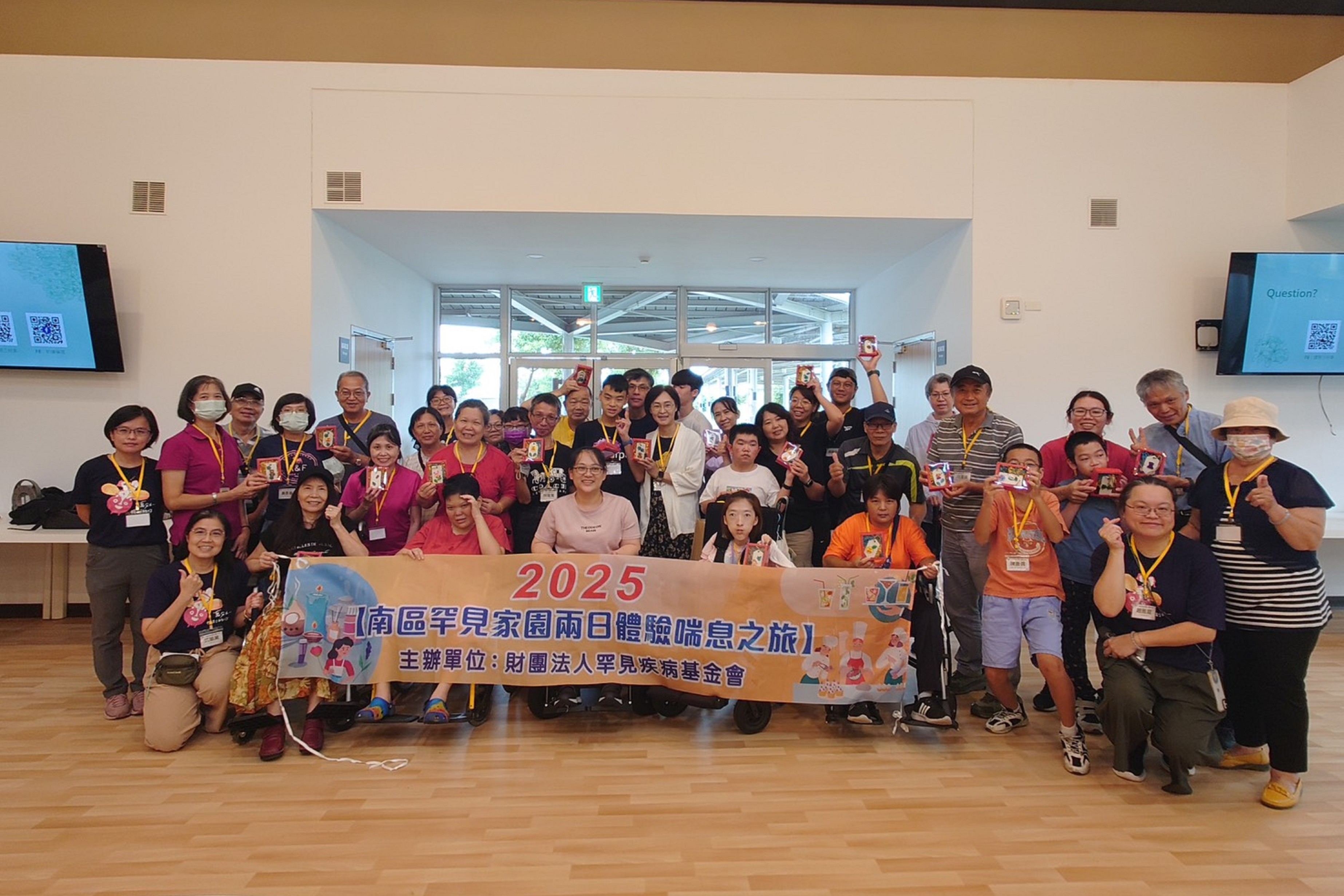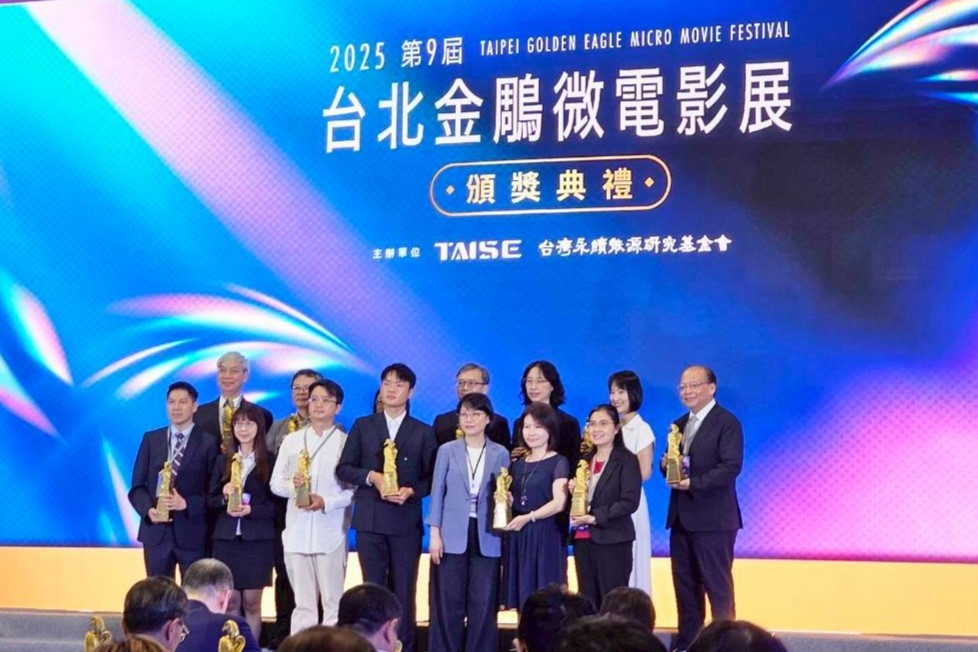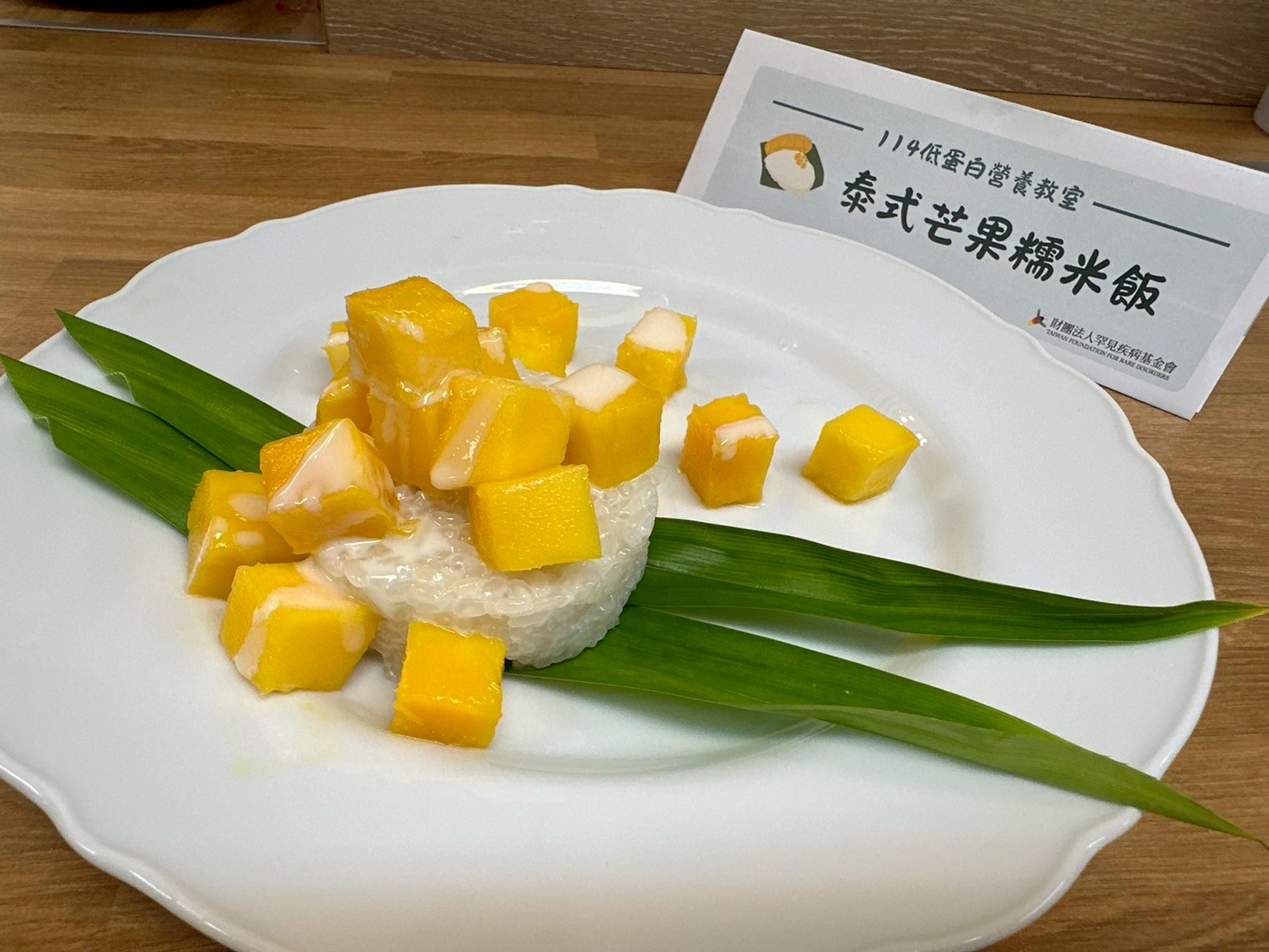News
Transferring Specimen Administrating Report
Transferring Specimen Administrating Report
A-Ru, a girl affected by Niemann-Pick Disease Type C, has been looked after well by her parents. However, A-Ru’s parents desire to have one health baby. It is fortunate that Niemann-Pick Disease can be testified before childbirth. After collecting chorion villus cell, specimen must be delivered abroad within 24 hours. It is urgent to deliver the specimen to Australian laboratory. To save the precious life, TFRD staff tried to persuade the express to deliver it as urgent post. Eventually, the specimen was delivered abroad in 24 hours and testing result brings good news that the fetus is health!
In the process of determining whether or not they are afflicted with a genetic illness, rare disease patients often experience anguish from the prolonged waiting and confusion. The lack of funding in Taiwan for rare disease specimen testing services exacerbates this problem. Rare disease patients have had to resort to specialists and research organizations abroad for help. But language barriers, lack of information, and insufficient finances often prevent patients from seeking help abroad and force them to join the waiting list.
To help patients and their families resolve their predicament, TFRD is collaborating with the Department of Health to set up the "International Genetic Testing Transferring Center" for transferring specimen abroad to testify centers. We appoint specialists who are responsible for the international specimen transfer of rare disease patients. In terms of expenses, the government pays 40%, TFRD pays 40% (appropriated from the Medical Care Subsidies Fund), and patients pay 20% of the total amount. We hope through this government initiative, patients and families will utilize the preventative measures to seek help in the early stages so patients can receive the proper medical attention that is necessary.
Since 2001, the transferring specimen service has been launched for 6 years. It has integrated hospitals and patients’ need to confirm patients whether or not affected by rare diseases. All complicated administration has unified to one, International Genetic Testing Transferring Center, which simplified process of specimen transfer. Therefore, awaiting patients and families are able to know the testing results rather than prolonged waiting and confusion. After testing specimen, TFRD could provide further services to patients, including patient subsidy, medical subsidy, psychological support and so on. Transferring specimens have accumulated to 269 cases. Administrating cases in years are as below.

TFRD will remain transferring specimen service continuously to benefit rare disease patients. Besides, TFRD expects to accumulate transferring specimen related experiences and share with other associations.

